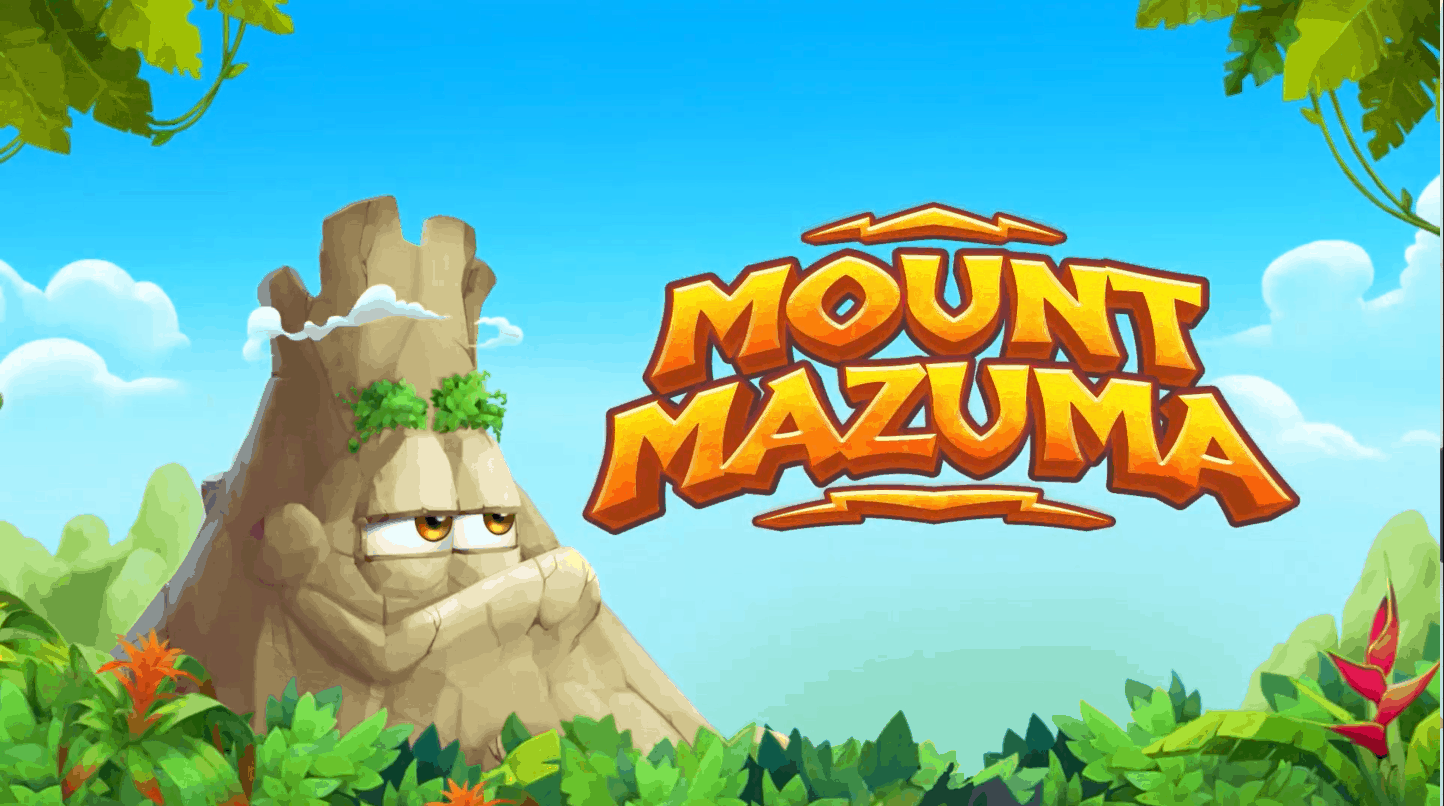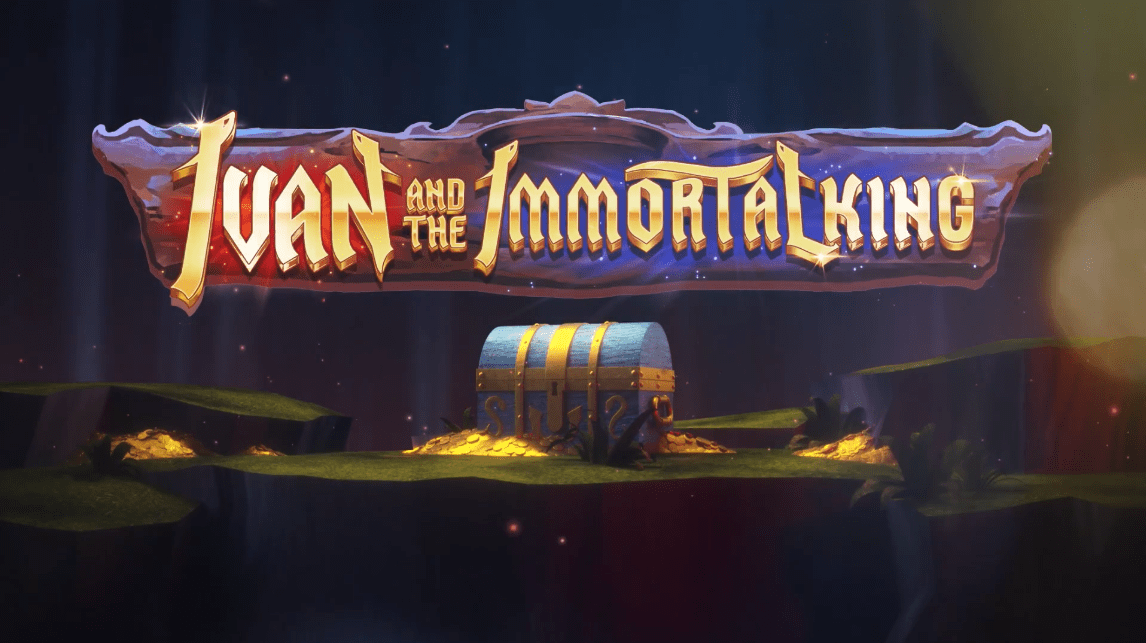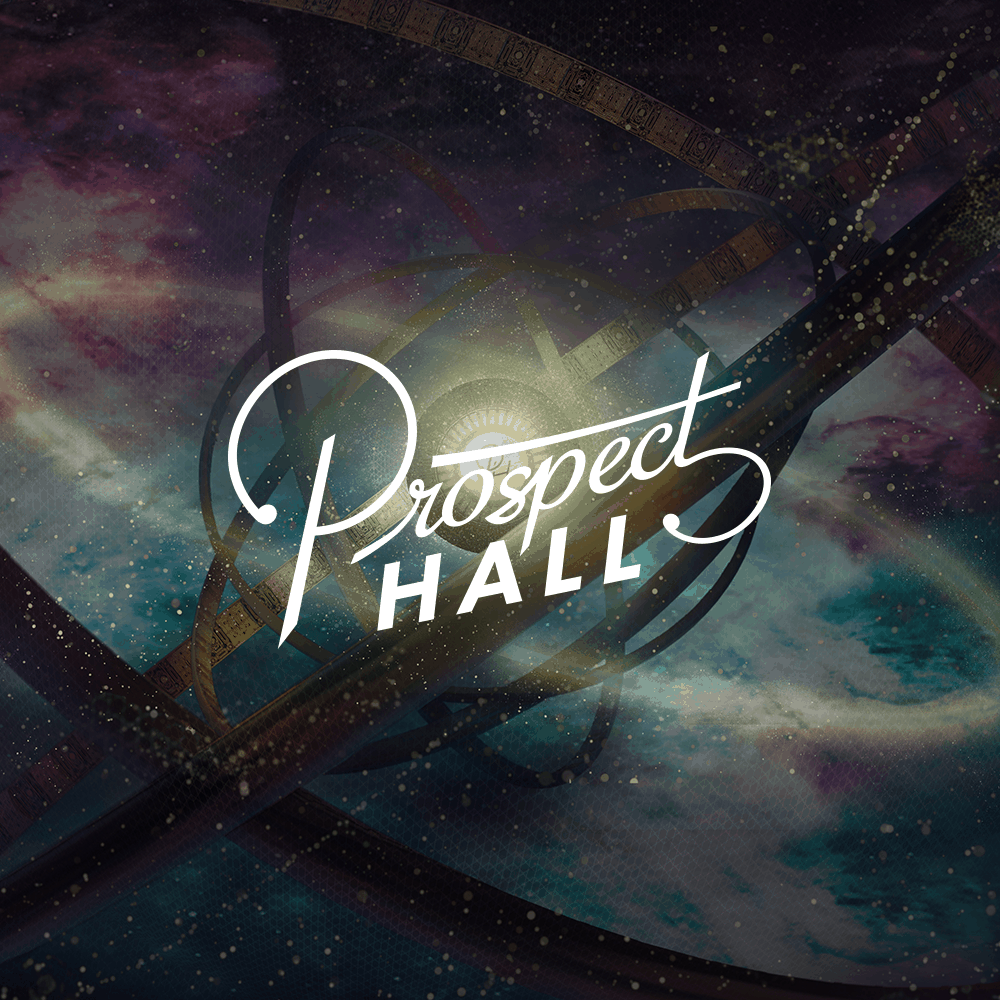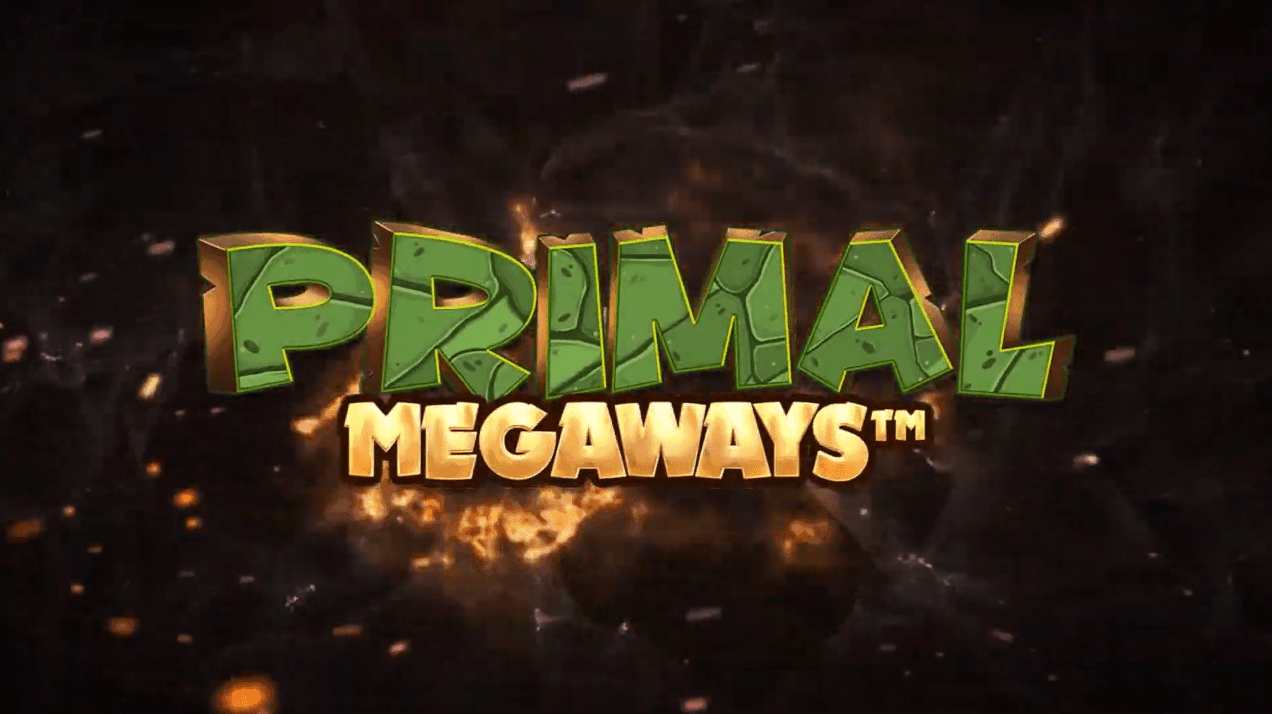Zynga’s Love Hate Relationship with Real-Money
- 3 Mar 2016
- Judith
- 0
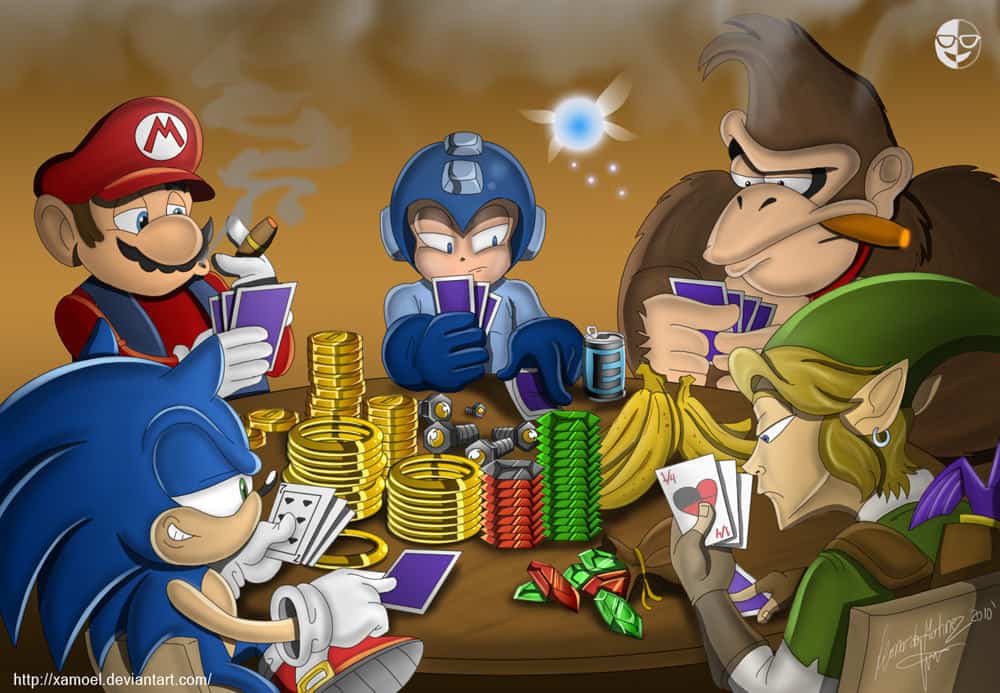
So just earlier this morning we learnt that Zynga, the golden child of the post App Store and Facebook gaming boom, has appointed its third CEO in the last 3 years. Before the IPO, Zynga seemed like it had an unstoppable business model being to churn out exciting and innovative social gaming products to the masses, charge users on a freemium business model, and repeat… frequently.
Then it IPO’d (which y’know, is the cool badge to get for all aspiring entrepreneurs) and sure enough, the business model changed. Internal executive meetings which probably saw phrases like ‘agile’, ‘creativity’, ‘innovation’, and ‘research and development’ banded around, were probably quickly replaced with concerns about ‘share value’, ‘cost of capital’, ‘brand awareness’, and ‘operating margin’. Rightly so however as shortly after the IPO the share price fell into free fall and millions was wiped off the company value. Zynga hadn’t managed to repeat the success of Farmville but Zynga Poker was in still topping Appstore charts and it was citied in 2012 that Zynga had over 32 million funded accounts across its gaming estates, predominantly being Zynga Poker. So the question is obviously raised with many, if not all, stakeholders: “what do you do with a business in which its predominant asset is its player-base yet it can no longer can provide unique engaging and competitive products to its primary market?” Put simply you look at other sectors to utilise this asset a.k.a as the cross sell in our sector.
Real-money has been a hot/cold business driver for Zynga for some time. Quickly looking at the timeline of events and some thoughts as to why they’ve not achieved what they wanted:
- In Q4 2012 on the back of correcting the tumbling share price, Zynga announced it was seeking a US (Nevada) based real-money and licence.
My question here is why? What was the purpose of this strategy other than “we are an American company, thus we should start in America”. Getting a Nevada gaming licence would still require the provider to be tied to a land based casino. Why would players who are already assimilated to the land based casino world want to play a more cutesy version of poker or slots off or on premises? Zynga’s core players are not hard-core gamblers so kicking things off in in the hard-core gambling capital of earth feels like an unnecessary knee-jerk action. Luckily however they saw the same flaw here and gave up on their Nevada licence aspirations a few months later, but man… that was a waste of time and resource that even Uri Gellar could have foreseen.
- Shortly after Zynga struck a deal with Bwin.Party to operator a UK focused joint venture to push two new products entitled ‘Zynga Plus Poker’ and ‘Zynga Plus Casino’.
So, Zynga realised that remote casino and poker is the way forward, and correctly look at Europe as the market to push out to. However instead of looking to spin up an operation themselves and control their own destiny (which literally only really would have taken a few weeks of planning and a few key hires) they partner with Bwin.Party. This is akin to breeding your own prize racehorse, deciding to enter it into the grand national a few years before it’s ready, and whilst on your way to the race you decide you should borrow the local farmer’s cow because it’ll be bigger, stronger and more hardy than any other horse in that race. Bwin.Party is mainly a sportbook and not famed for either its mobile offering or its casino and games portals (Party Gaming is different, but since of the merger, Bwin feels like it is in the driving seat). Zynga already has a funded player base >3x that of bet365, so I question what Zynga needed Bwin.Party for, and if you fast forward to 2015, it seems neither party benefitted from this partnership.
- In Q3 2013 Don Mattrick is appointed CEO
Dom came from a successful stint at Microsoft so on paper the perfect person to reinvent the gaming side of things at Zynga. However almost as quickly as he starts he cans real-money as a strategic focus and re-asserts gaming and mobile as core business drivers. Which begs the question why these weren’t key drivers since 2011? (ED – digression) But it also starts an underlying confusion about what Zynga is/was and a negative perception that was starting to build about the brand. Was is still an innovative social gaming developer/ publisher? Was it a real-money sleeper business? Are they still focusing on real-money but in certain territories? And most importantly why are there still no good games when the likes of Clash of Clans, Temple Run, VVVVVV, Hearthstone, Bejewelled, Threes, Domination and a host of other console quality games are appearing on native apps?
- In late 2013 Zynga releases Zynga Elite Slots, and then almost immediately cans it
One of the most exciting developments I saw from the new Zynga however came in Q4 2013 when they published the teaser for Zynga Elite Slots (ED – still available here if you missed it). Finally it appeared they had rediscovered that enthusiasm for building ground-breaking innovative products. It looked like the perfect game for both casual players who may be focused more on entertainment and social hooks and also the real-money players who like traditional slots but want to try something a bit different. When talking about simulated casino (a.k.a social casino, freeplay casino, virtual coin casino, Facebook casino etc…) a favourite metric that is referenced seems to be an crossover percentage of around 5 or 6% from simulated to real-money. Frankly I believe this to be higher with the right game, and had Zynga Elite Slots (with some improvements) been deployed in the regulated real-money sector I believe they could have enjoyed a conversion upwards of 10%, which for the relevant segment of those ~32m players would have been a very strong operation.
- In Q1 2015 Zynga cans all real-money operations terminating its deal with Bwin.Party
So fast forward 18 months, Don Mattrick leaves, quickly, after less than 2 years at the helm, all real-money operations are ceased. Zynga’s player numbers are in stead decline finishing the year somewhere in 16-19m mark which is in part due to a failed re-design of the poker product, and the share prize is still flat lining. Behind all of this Zynga has also seen revenue drop from ~$340m / Q2 in 2012 to just under ~$200 in Q4 2015, and net losses around $50m for most quarters in the same period.
The future does not look bright at the moment and Zynga needs to find something to step up a gear. Without question it needs to re-engage its freemium/casual users and get back to basics on that side of the business. Global player numbers across the board for casual gaming products are increasing, especially in the third worlds where cellular telephony infrastructure and consumer credit frameworks are being pushed into the masses. But even in their own backyard, their lunch is being eaten by the likes of King and Supercell who aren’t particularly doing anything revolutionary, they are just feeding the masses the type of gaming they are demanding, on the existing devices and technology that they own.
As for real-money, I firmly believe that Zynga should make a stab at this as that conversion still makings player acquisition low (if you look at the two components in isolation) and the sector is still crying out for the true cross over product. Businesses like Quick Spin and Plumbee are having some success in this area, but more and more social and casual gamification features are dropping into real-money gaming (just look at Play’n Go’s Gemix, Odobo’s Gourmet Ranch Riches or Push Gaming’s Bonus Beans for some strong examples).
Image ©2010 Xamoel available from Deviant Art
RECENT POSTS
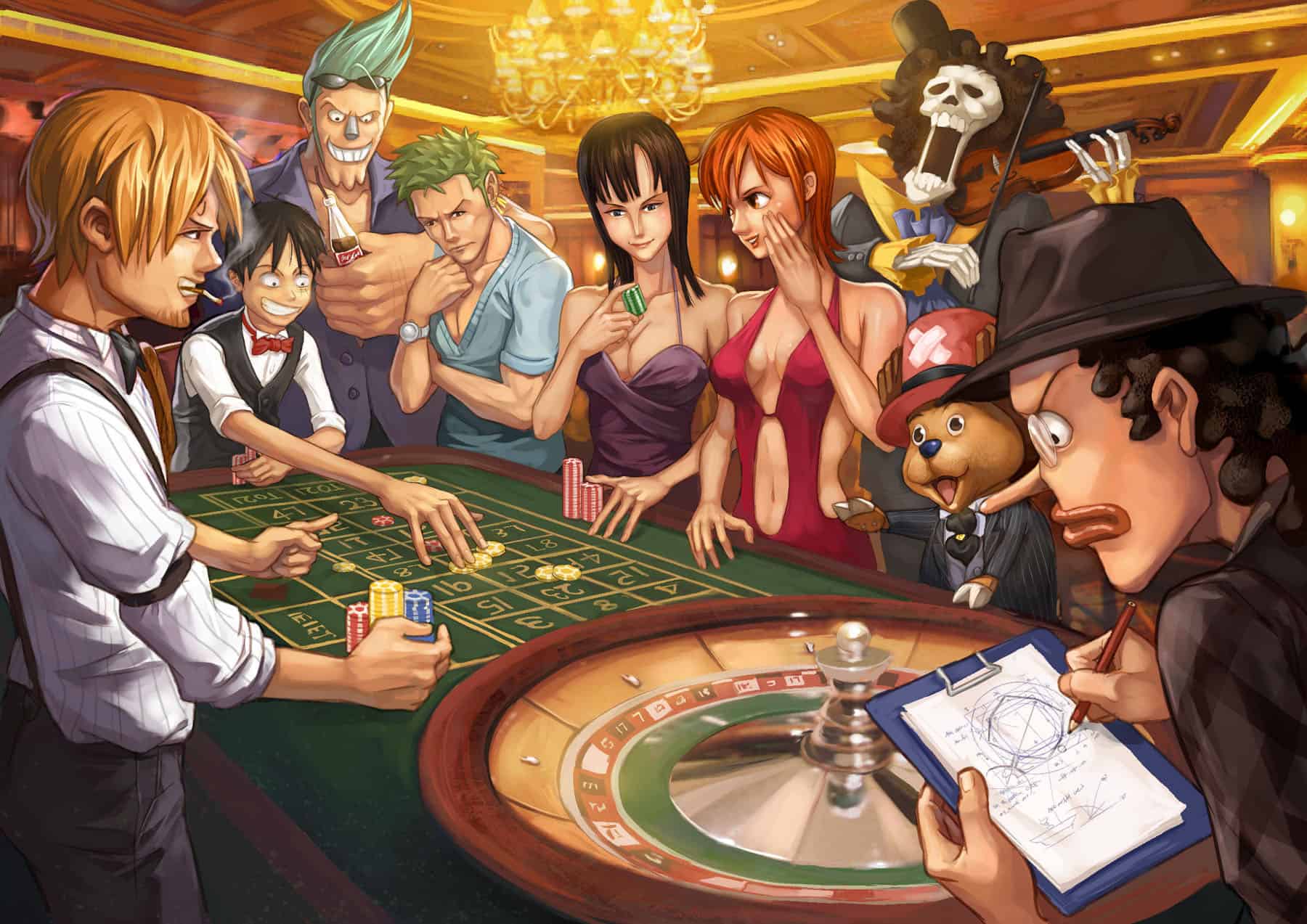
Anatomy of a Slot
3 Mar 2016
3
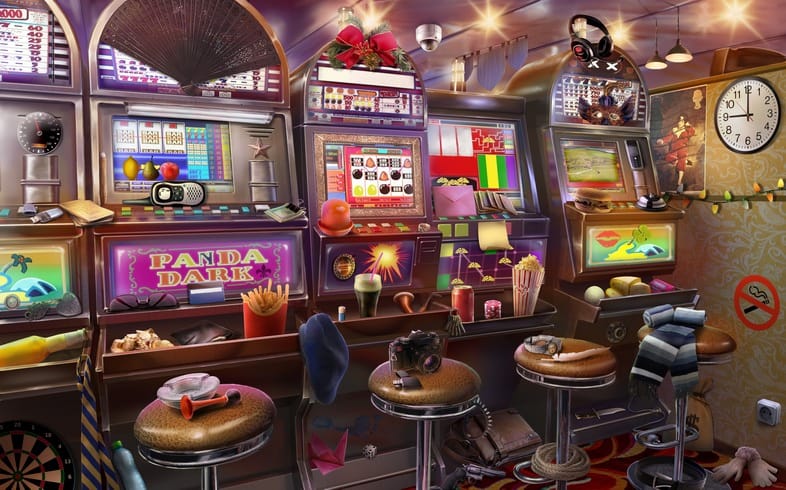
The best online slot games…. (Still in some cases)
3 Mar 2016
3
PGSI Result
3 Mar 2016
3
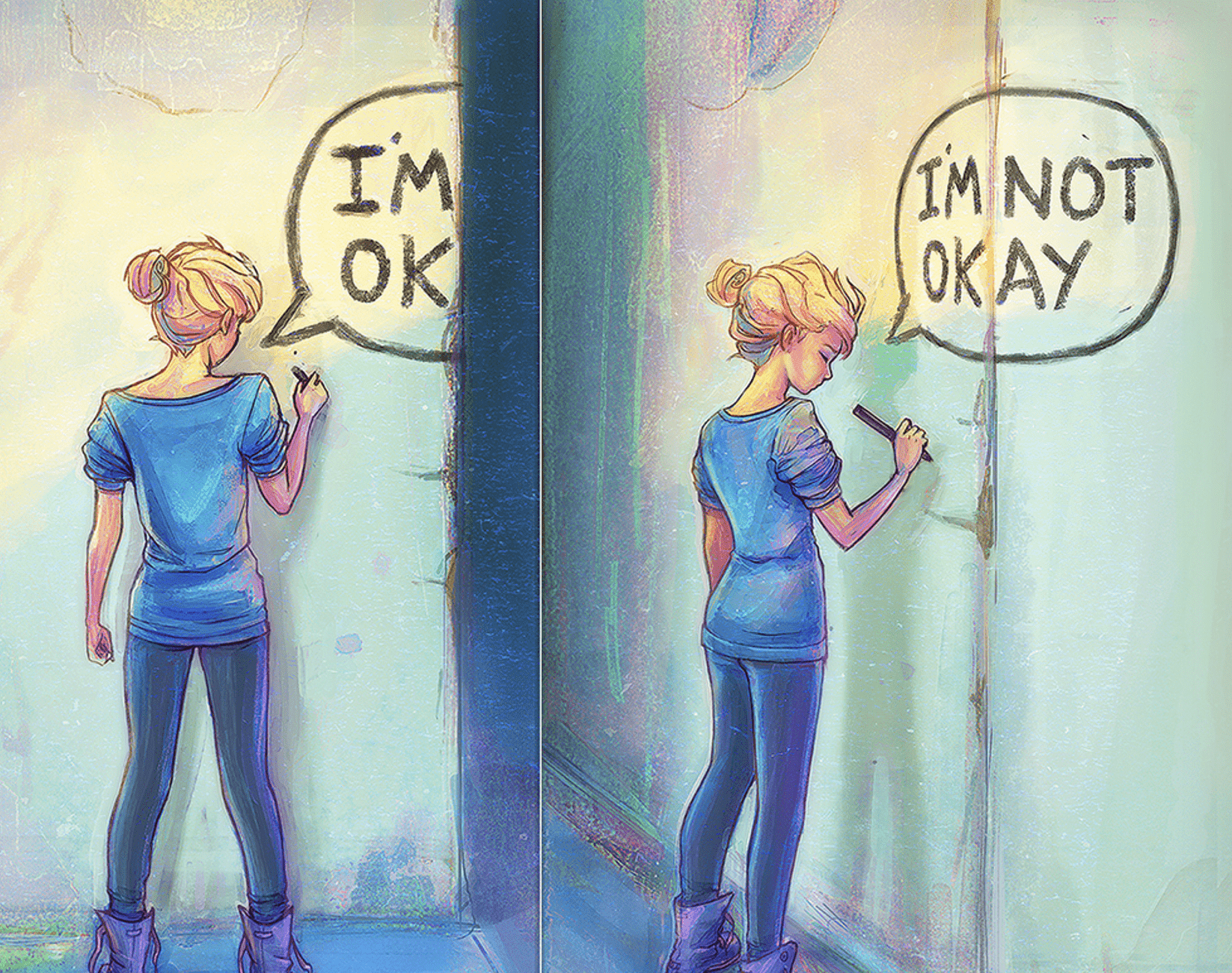
Are you staying safe whilst gambling?
3 Mar 2016
3

Table Games Explained
3 Mar 2016
3
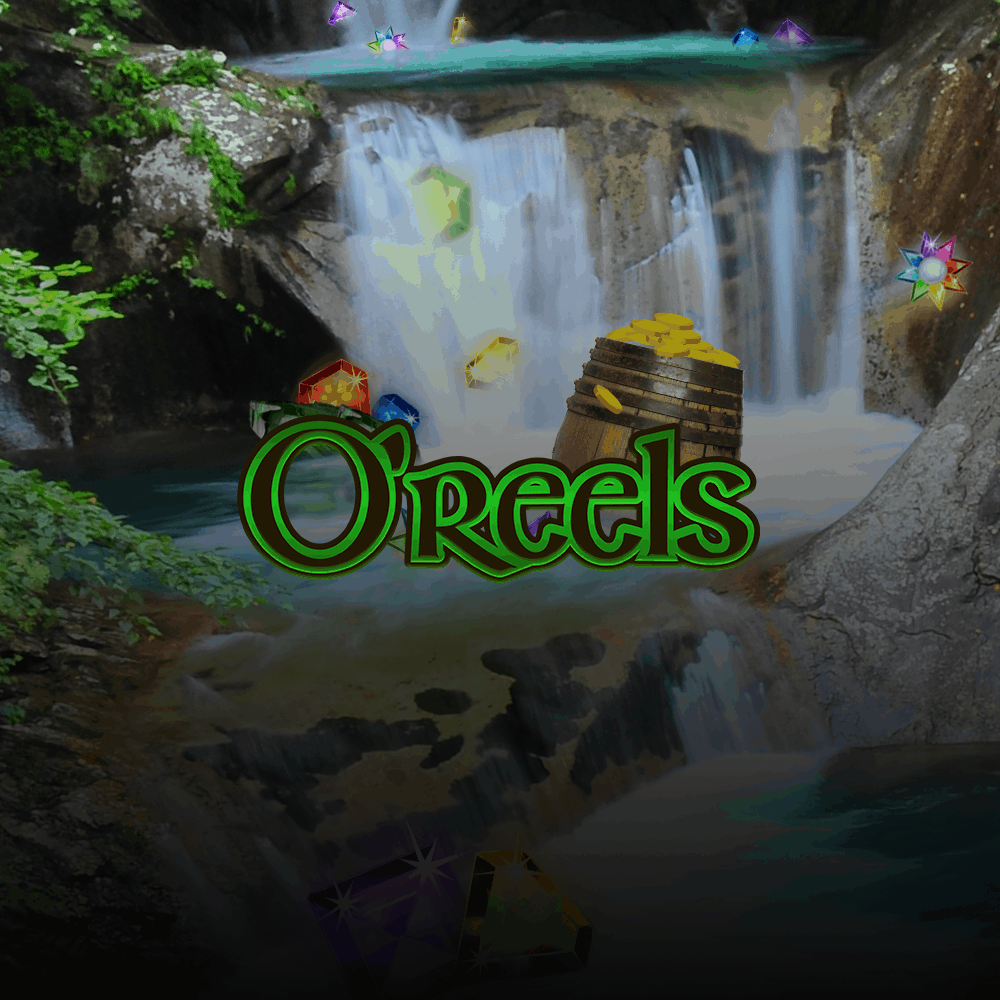
Top O’Reels Slots
3 Mar 2016
3


